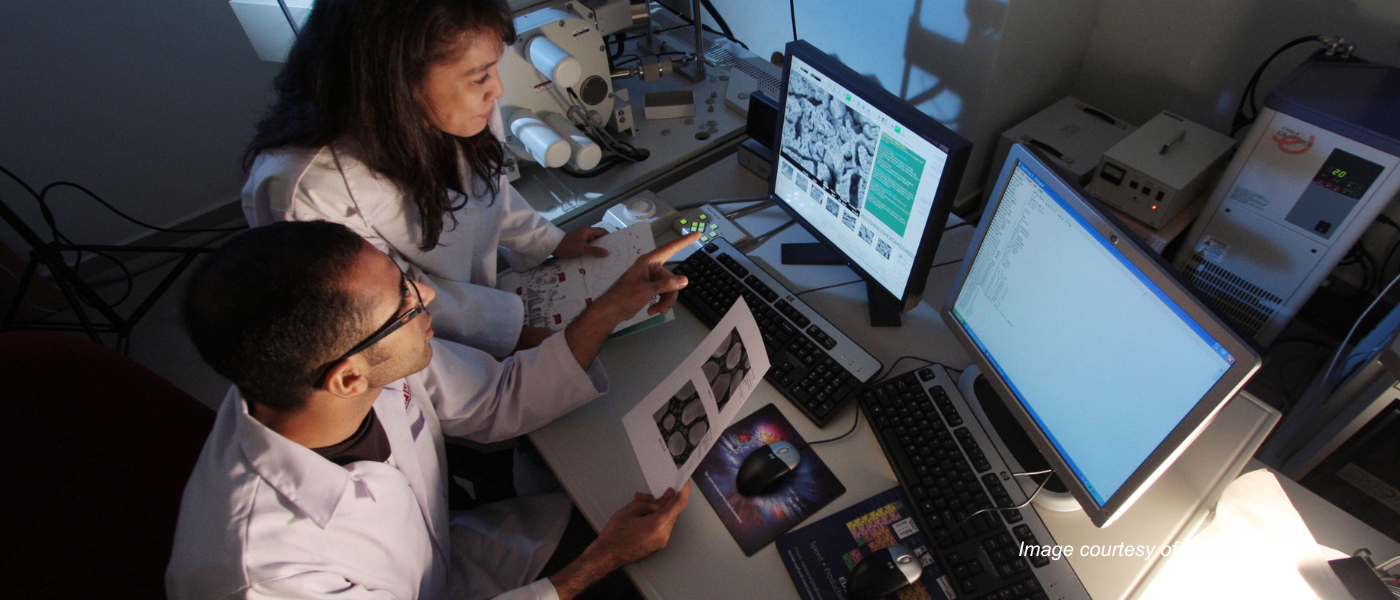Latest Bill Introduced That Threatens Ethical Animal Research

SB 1019, or “Queenie’s Law”, was recently introduced by Sens. Wojno and Polehanki, as a companion to 2023 legislation in the Michigan House as a response to research studies conducted at Michigan’s public universities. If enacted, public bodies, i.e., research institutions, would be prohibited from using “a dog for experimental purposes in a manner that causes pain or distress to the dog,” defined to include certain research, testing, and training activities. Certain veterinary procedures would be exempted.
The sponsors of this legislation, and similar ones in the past, fail to understand or are unwilling to accept the stringent animal welfare rules already in place as set in federal law and governed by a host of regulations that are audited for compliance. Ethical and humane medical research using animals helps advance our understanding of basic biology, as well as the etiology and mitigation of disease processes.
The bill has been sent to the Senate Regulatory Affairs Committee for further deliberation.
RECENT ARTICLES




